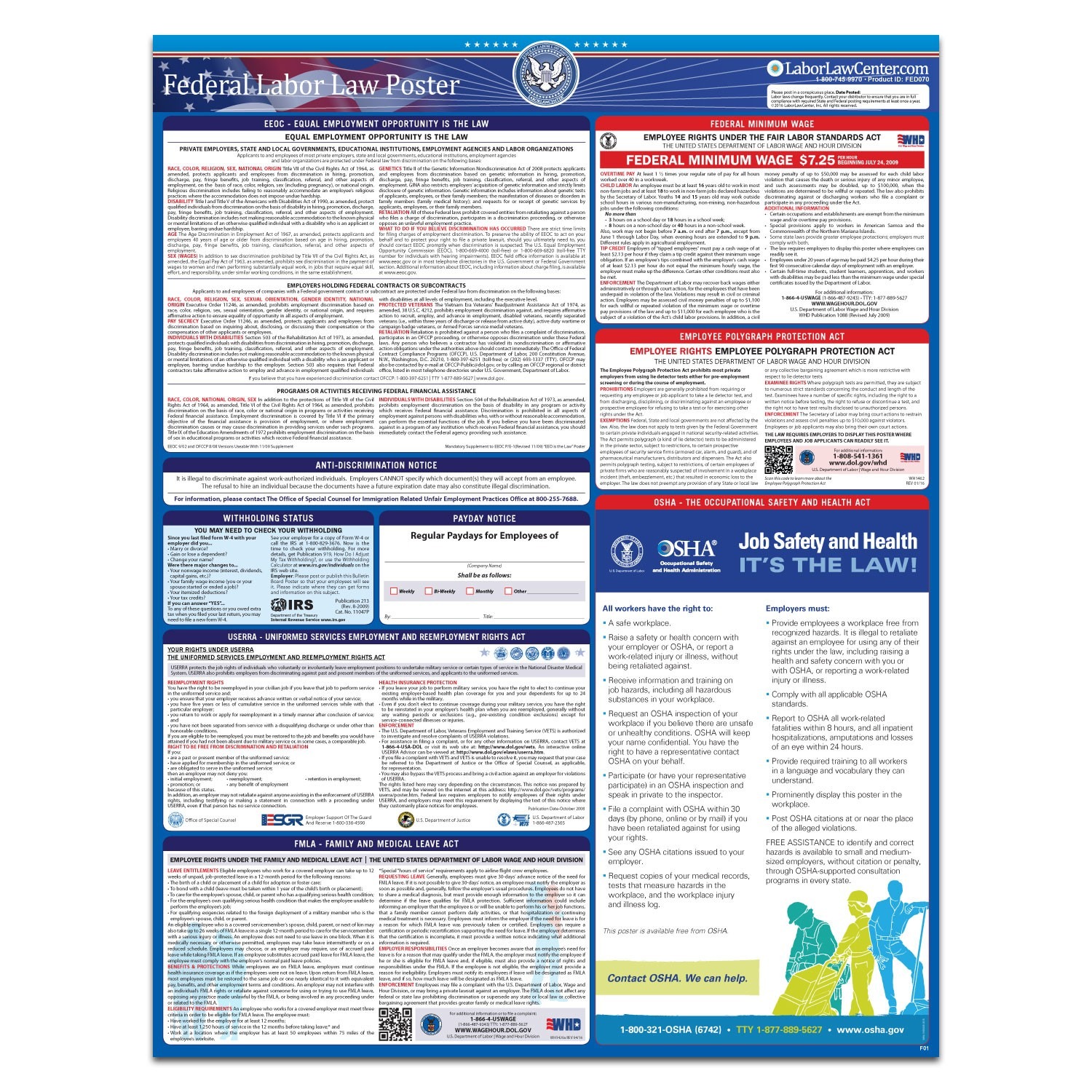The New York Department of Labor recently issued a wage order for the hospitality industry. The action is a response to continued violations by employers including tip misappropriation and overtime violations. Many of the provisions are more strict than those required by the federal FLSA or Fair Labor Standards Act.
The new regulations went into effect on January 1, 2011. However, the New York Department of Labor will implement only limited enforcement through February 28, 2011.
The new wage order strictly limits payroll deductions a New York employer can take, in accordance with other recent policies. In addition, non-exempt hospitality employees must be hourly. While federal law permits an employer to pay non-exempt workers on a salary basis, the New York Hospitality Wage Order does not.
Important features of the new hospitality wage order:
-
Servers and other tipped foodservice employees must be paid at least $5.00 per hour, an increase of 35 cents per hour from $4.65. The new maximum tip credit is $2.25 per hour.
-
Tipped employees who are not in foodservice, such as delivery persons and bellmen, must be paid at least $5.65 per hour, an increase of 75 cents per hour from $4.90 per hour.
-
Resort hotels are permitted to pay less to tipped employees in some cases.
-
Employees must be notified of the tip credit to be taken as part of the new hire notice. In addition, the information must be provided in English and in any other primary language used by the employee. Written notice must be given of changes in pay rates.
-
The employer must pay the minimum wage of $7.25 per hour for any day in which the employee spends 2 hours, or 20% of the shift, working in a non-tipped occupation. No tip credit is allowed under these circumstances.
-
The meal allowance has been increased from $2.10 to $2.50 for all workers. However, this allowance can be taken only if the employee customarily eats the meal.
-
An employee whose work day spreads over 10 or more hours is entitled to an additional hour of pay at the minimum wage of $7.25 per hour. This law, designed to penalize employers for split shifts, applies when the employee’s ending work time is more than 10 hours from the first start time of the day, regardless of the number of hours worked. For example, if waiter Tim is scheduled to work 7 am to 11 am for breakfast and 1 pm to 5:30 pm for lunch, his work day spans more than 10 hours and he is entitled to an extra hour of pay.
-
Employers are allowed to retain a banquet service charge or similar fee only when the bill clearly indicates that this amount is not a tip or gratuity. This notification must be in type the same size as surrounding text and at least 12- pt. font.
-
Employers are not required to pay for laundry of uniforms that can be machine washed with the employee’s other garments.
-
Mandatory tip pooling is permitted among food servers, counter servers, bus persons, bartenders, service bartenders, food runners, bar backs, wait captains who serve food and hosts or hostesses. The employer must meet extensive procedural requirements to implement mandatory tip pooling.
-
The employer is allowed to deduct the credit card fee from tips left on a credit card. For example, if the employer is paying the credit card company a 3% processing fee, they can deduct 30 cents from a $10 tip left on a credit card, and pay the employee only $9.70.



